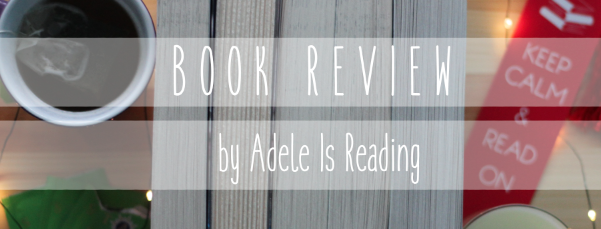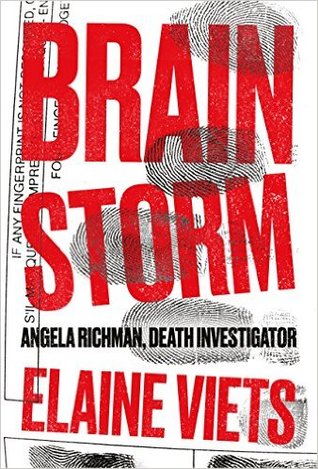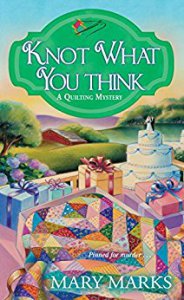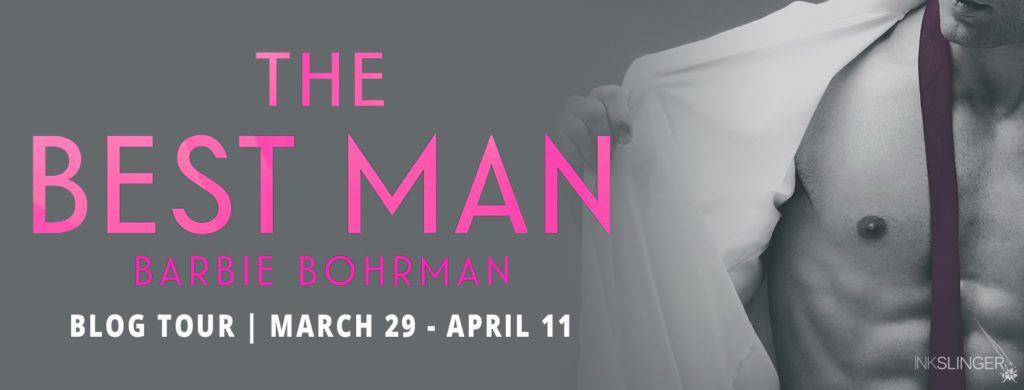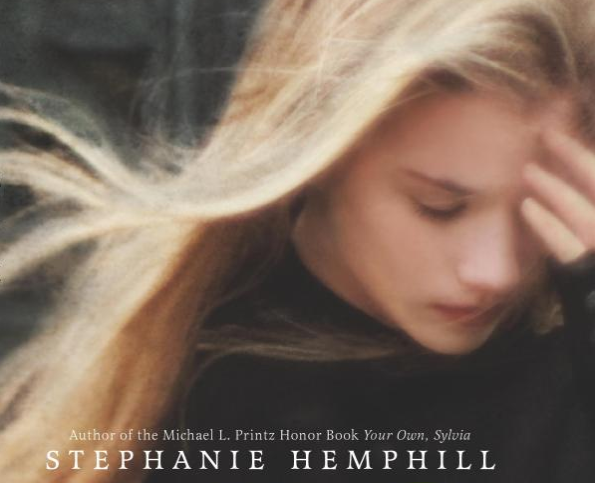

Stephanie Hemphill’s Wicked Girls takes us into the minds and lives of Ann Putnam Jr., Mercy Lewis and Margaret Walcott — three of the primary accusers during the Salem Witch Trials. These girls along with Betty Parris, Abigail Williams, and Elizabeth Hubbard incited a mass panic and persecution that shook their small town and took countless lives. What started off as playing with folk magic took a sinister turn when the girls suddenly were “afflicted”by dark forces. In the midst of judges, townsfolk and the most esteemed Salem-ers, these girls threw themselves into fits and cried out possession making a public spectacle in courtrooms, churches, taverns and their own homes, claiming to be victims of the devil’s torment and privy to the “Invisible World” a demon-infested supernatural hell.
Hemphill writes this novel entirely in poetry verse so it makes for a more intimate experience and it adds a sense of being fractured. The terse lines fluctuate between being cold and thoughtful, calculating even, to a panicked frenzy and a resulting steadily mounting guilt complex because as Hemphill makes it only too obvious this fictionalized account takes the stance that the girls were faking it. That they were lashing out at families that threatened the status of their families, or that they were trying to punish wrongdoers, or in the case of Ann Putnam Jr. that once she found she actually had a platform and was projecting her voice to such a captive audience, that for the first time in her life she had real power, that she was a force to be reckoned with. For a twelve year old kept shackled to a rigid Puritan lifestyle, and daughter to a resentful mother and father, she finally found a way she could rise above everything holding her down, and back. By shrieking, “Witch!” Ann had the ability to create real change, that she and her wailing, screaming and writhing girl friends tipped the balance from life to death for many innocent outcasts.
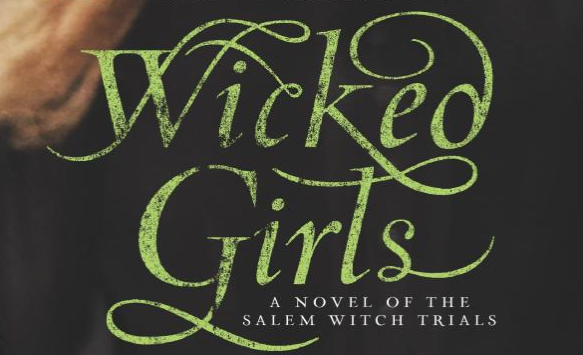
Wicked Girls is not psychological thriller, but there is still a darkness and heaviness to it. It’s careful and deliberate, although at times Stephanie Hemphill tries far too hard to be profound. The poetry isn’t very moving and to be completely honest it was just okay. The chapters are short and sparse and the book as a whole can be read in a single evening and understood by readers as young as twelve. The message is simple enough that preteens won’t have any issues comprehending what goes down and what motives drive the girls.
The narrative structure smoothly flows between the passages and the alternating points of view, yet at times the language is a bit uneven. Hemphill will use phrases, word choices and structure her sentences in Puritan New England’s language of the day…yet she inadvertently switches back to modern day speech, sometimes even directly in the middle of a single chapter. The “ye” will shift back into “you” in a matter of stanzas. The attention spent on the girls is somewhat balanced, but the character development is shaky. Mercy is the most dimensional of the lot, Ann is somewhat rounded, and Margaret is f-l-a-t, FLAT, defined almost exclusively by her vanity and pettiness. We’ve got a Pinocchio situation here: she’s not a real girl on the page, even though historically she did exist.
This was published in 2010 so it’s not new and with it’s secondary title “A Novel of the Salem Witch Trials” I can imagine this often gets relegated to Halloween displays come October. I’ve always been fascinated by this period of witch persecution in New England, and am a massive fangirl for the supernatural and paranormal, so that’s what led me to seek this out. I’ve read several historical analysis books about the accused and accusers — my favourite of the bunch is Marc Aronson’s Witch-Hunt — but some of the fictionalized young adult lit out there on this is just “ok”. The novel Witch Child by Celia Rees left me unimpressed, and Witches! by Rosalyn Schanzer had its high points but was really just so-so.
Wicked Girls somewhere in between both of those books. It’s not a disaster, but it’s not amazing either. When it came to writing Wicked Girls Hemphill says she was inspired by “gossip and the girl group dynamics that led to false empowerment” that does show through in the narrative, so Hemphill met her goal but she didn’t craft an especially exceptional or memorable novel in the process.
This could be worth seeking out for big fans of the Salem Witch Trials but otherwise, it’s an shoulder-shrug just-okay kind of read. Moderately recommended.
Cover from Amazon Advertisements Share this: